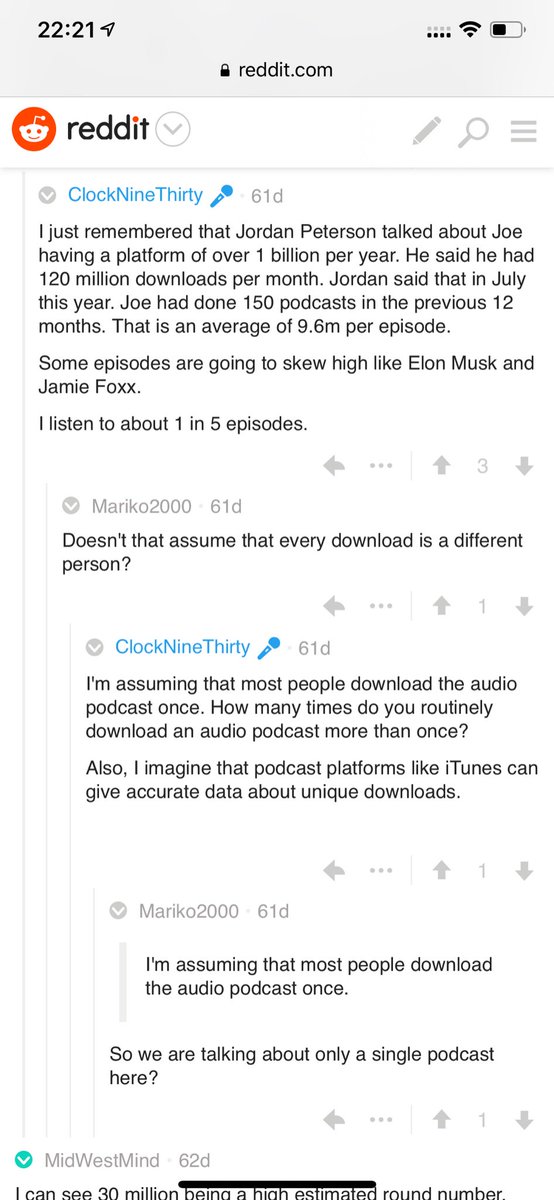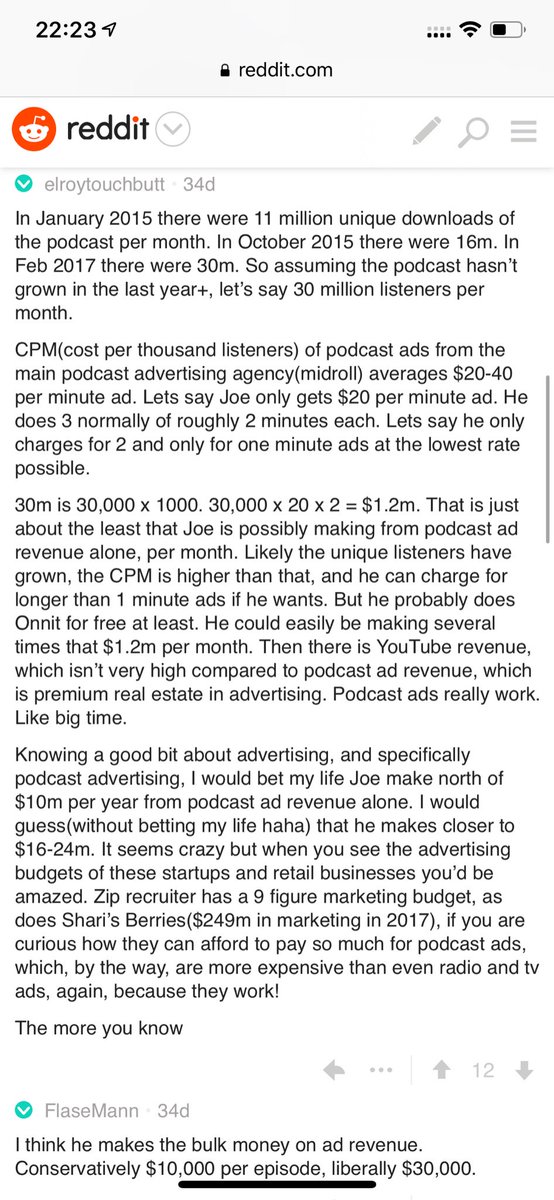1970s - James Dyson was a UK born industrial designer. He was fed up using the traditional vaccum cleaner with disposable bag which would stop working because of dust clogging
He tried using a cyclone based system which would extract the dust without clogging
2/
He even constructed a small prototype & connected it with the traditional vaccum cleaner with bag removed. It seemed to work decently
He presented the concept to many. But most of them rejected saying if the idea was so great, big companies would already have thought of it
3/
1979 - But Dyson didn't give up. He was able to raise an initial investment from another inventor friend and via some loan from the bank
He started developing the cyclonic vaccum system in the shed behind his house.
4/
Between 1979 and 1984, Dyson developed 5126 prototypes before getting the right one without a bag finalized
He tried licensing this invention to the companies in UK and US who can manufacture and sell the product. And give Dyson some royalties on sales
5/
The manufacturing companies turned Dyson down because it would mean an end to the vaccum bag market which was around 500 million $ back then
And thus manufacturing Dyson's vaccum cleaners meant loss of recurring revenues
6/
1984- Only 1 company agreed to work with Dyson. Rotork agreed to manufacture and sell the first version of Dyson's design.
But it sold only 500 units in the first year. Hence they decided to drop the product
7/
1985 - A Japanese company, Apex Ltd agreed to license the product and launched it in Japan under the name G-Force for 2000$
It became a big hit in Japan and won the International design fair prize in 1991
8/
1991 - Using the licensing fees from sales in Japan, Dyson decided to set up Dyson Appliances Ltd. He started manufacturing the DC 01 version of the product from a facility in Wiltshire
9/
Dyson started advertising DC 01 with the tagline say goodbye to the bag. With a clear benefit of saving on dust bags, the sales took off
https://t.co/VY0gxWVqum 10/
Dyson was particularly known for its unique design, known as the Apple of Appliances
It took design decisions which were against findings of market research. Eg: DC 01 retained transparent container for dust despite of market research suggesting otherwise.
11/
But the transparent dust container became a very popular feature of DC 01 after launch as it showed the effectiveness of the product to the consumer instantly
2001 - Company had expanded to US and other European nations. DC 01 had captured close to 47% market share in UK
12/
2004- company started entering Asian markets like China, Singapore and Malaysia
2005 - Became the No 1 selling vaccum cleaner in US by value
13/
Today Dyson sells vaccum cleaners, hand dryers, LED lamps, hair dryers and multiple other electronic appliances in around 65 countries. And generates close to 7.5 billion$ in revenues
14/
Also known as the Apple of appliances, Dyson has made Sir James Dyson the richest man in UK with a networth of 16.2 billion $
If he would not have continued after 5126 attempts, Dyson would not have come into existence
15/15





